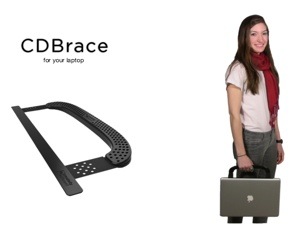Gartner, Inc., (www.gartner.com) forecasts that 6.4 billion connected things will be in use worldwide in 2016, up 30 percent from 2015, and will reach 20.8 billion by 2020. In 2016, 5.5 million new things will get connected every day.
Gartner estimates that the Internet of Things (IoT) will support total services spending of $235 billion in 2016, up 22 percent from 2015. Services are dominated by the professional category (in which businesses contract with external providers in order to design, install and operate IoT systems), however connectivity services (through communications service providers) and consumer services will grow at a faster pace.
“IoT services are the real driver of value in IoT, and increasing attention is being focused on new services by end-user organisations and vendors,” says Jim Tully, vice president and distinguished analyst at Gartner.
In terms of hardware spending, consumer applications will amount to $546 billion in 2016, while the use of connected things in the enterprise will drive $868 billion in 2016. In the enterprise, Gartner considers two classes of connected things.
The first class consists of generic or cross-industry devices that are used in multiple industries, and vertical-specific devices that are found in particular industries.
Cross-industry devices include connected light bulbs, HVAC and building management systems that are mainly deployed for purposes of cost saving. The second class includes vertical-specific devices, such as specialized equipment used in hospital operating theaters, tracking devices in container ships, and many others.
“Connected things for specialized use are currently the largest category, however, this is quickly changing with the increased use of generic devices. By 2020, cross-industry devices will dominate the number of connected things used in the enterprise,” says Tully.


